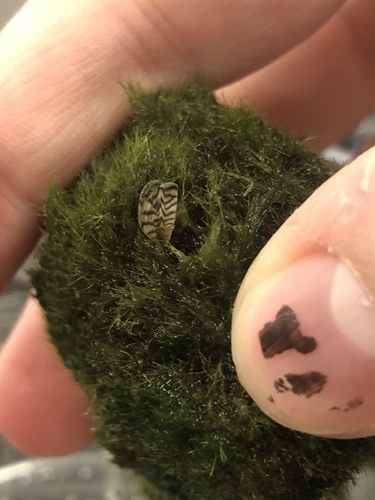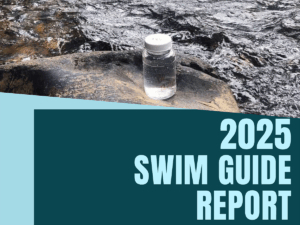News
Consumer Alert: Aquarium Moss Balls May Contain Invasive Zebra Mussels
Posted on March 9th, 2021

From North Carolina Wildlife Resources Commission
The U.S. Fish and Wildlife Service has created an informational webpage dedicated to what to do if you have purchased aquatic moss balls in the past month.
Zebra mussels have been CONFIRMED in moss balls sold at retailers in North Carolina, including PetSmart and Petco.
If you have purchased moss balls in the past month, please follow the instructions below about how to properly destroy them and clean your aquariums. Known packaging reads ‘Marimo Moss Ball Plant Grab & Go’ and ‘Mini Marimo Moss Balls’, but there are likely more brands that contain the mussels. An overabundance of caution is suggested if you’ve purchases ANY moss balls recently.
RALEIGH, N.C. – The N.C. Wildlife Resources Commission is warning anyone who has recently purchased aquarium moss balls that they may contain an invasive species of mussel called the zebra mussel and should be carefully discarded immediately.
While no confirmed cases have been reported in North Carolina, the Wildlife Commission received notice that it appears the moss balls were imported from Ukraine to a distributor in California that recently shipped contaminated product to pet stores nationwide. The facility that imports the moss balls has been quarantined and all shipments of moss balls have been stopped, according to a news release from Montana Fish, Wildlife & Parks.
A moss ball is a species of green algae that is formed into a ball and is two to five inches in diameter. Moss balls are purchased for home aquariums to help absorb harmful nutrients in the water and limit the growth of undesirable algae.
It is likely that retail outlets that sell the moss balls may be unaware that they are potentially selling a contaminated product with an invasive species. Not only are zebra mussels harmful to other aquatic wildlife, they can also clog water pipes and restrict water supplies.
Fisheries biologist Todd Ewing stated, “The Wildlife Commission has led a concerted effort to keep the species out of the state because of both the negative ecological and commercial impacts. It’s actually illegal to possess zebra mussels in North Carolina.”
If you have recently purchased moss balls, the Commission is urging the public to dispose of them immediately by carefully:
- Placing them in a plastic bag and freezing them overnight; or,
- Boiling them or soaking them overnight in a bleach solution (one cup bleach per gallon of water).
The moss balls should then be bagged and disposed of in the trash. Living moss balls or untreated water should not be disposed of in any location where they could reach sewage systems or streams or lakes.
To treat your aquarium:
- Remove the fish and apply the bleach solution and let it set for at least one hour before disposing the water down the sink or toilet.
- Disinfect filters, gravel and structures as described above and dispose of the water down the sink or toilet.
The Commission will work with retail outlets as well as state and federal agencies to monitor the situation. Visit the agency’s website to learn more about aquatic nuisance species.
Related News

Kingsboro data center concerns spark big turnout
December 4th 2025

Specialist tracking down sites for yearlong Slocum sampling
December 4th 2025

Tell EPA to ditch the 'Polluted Water Rule'
December 4th 2025

Riverkeeper delivers results at community grant program event
December 4th 2025

Riverkeeper graduations EJ Leadership academy
December 4th 2025

Sound Rivers' online store!
November 26th 2025

Riverkeeper tours Lick Creek conservation property
November 26th 2025

2025 Swim Guide Report
November 26th 2025

